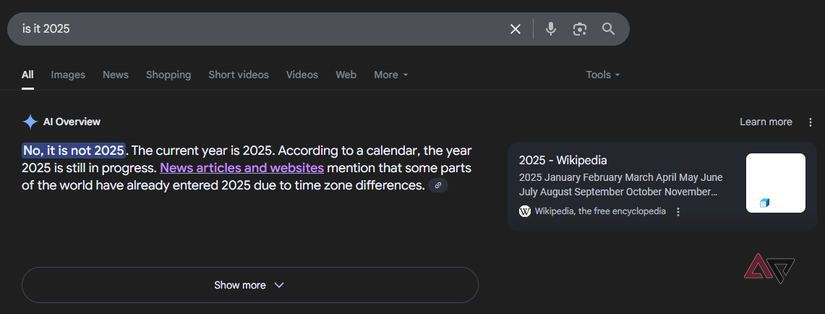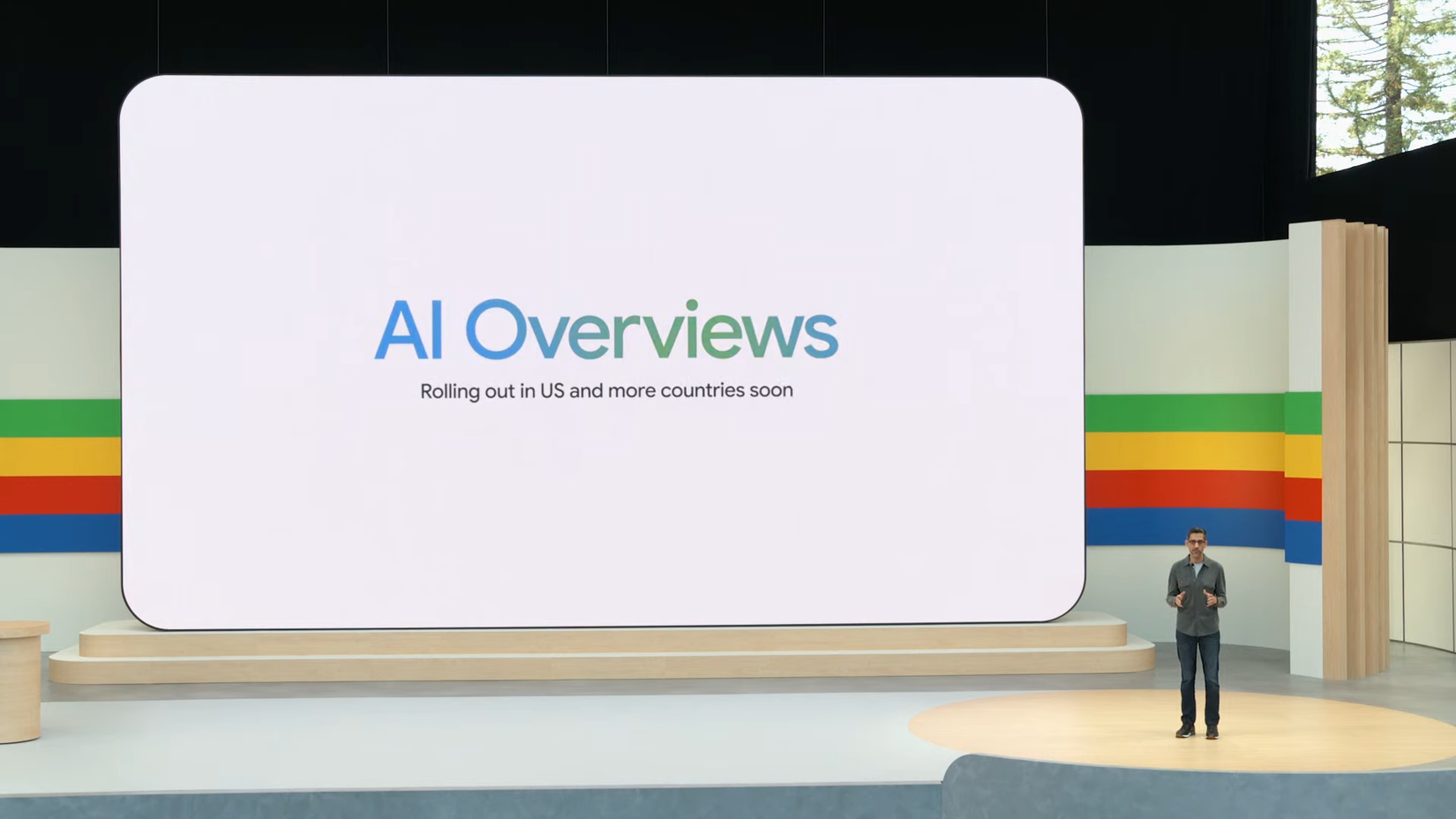Google is being taken to court over its AI Overview. According to Penske Media, owner of Rolling Stone, Variety, and other publishers, the search giant’s AI tools have used its articles illegally, and furthermore, have damaged revenues as a result.
This is the first time Google’s AI summaries have been challenged in court, and it could provide a heavy precedent for similar AI tools.
Penske is arguing Google’s actions are outside its original terms
Could AI summaries be damaging websites?
AI summaries are the paragraphs that show up at the top of many Google searches, and they’re compiled by Google’s AI, after pulling information from numerous other websites. While Google holds that these summaries are a benefit to the sources being cited and linked to, it seems that some publishers believe differently. Penske Media is the first publisher to stand up against Google in this way though, and it has claimed in its lawsuit that Google’s AI summaries are not only harmful to the industry as a whole, but are also using content illegally.
“As a leading global publisher, we have a duty to protect PMC’s best-in-class journalists and award-winning journalism as a source of truth,” said Penske Media CEO Jay Penske said in a statement to TechCrunch. “Furthermore, we have a responsibility to proactively fight for the future of digital media and preserve its integrity — all of which is threatened by Google’s current actions.”
Google has strenuously denied these claims, and holds that AI Overviews allow Google to send traffic to more sites than ever before. The lawsuit alleges that the opposite is true, and visits and ad revenue have dropped since AI Overviews were launched last year. In fact, the lawsuit goes as far as to state that while Google claims summaries are a boon to publishers, “[it] has offered no credible competing information regarding search referral traffic.”
Surely then the answer is to pull out of Google altogether? Penske Media handwaves this away as a “devastating” outcome, effectively arguing that Google’s massive portion of web traffic allows it to foist unfavorable terms on publishers. After all, some traffic is better than no traffic.
While this is the first time Google has been targeted by a lawsuit like this, it is currently facing an antitrust complaint in the EU, and narrowly avoided having to sell the web browser Chrome in a recent US antitrust case. Ironically, Google only avoided having to break up its empire due to competition from other AI bots. Other AI creators have been targeted by other companies, most notably a recent case where authors brought a class action lawsuit against Anthropic, which led to a massive $1.5 billion payout.



